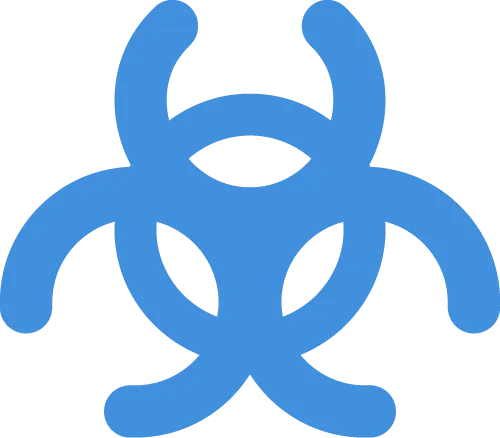
Mpox Epidemic Continues to Surge in the DRC: Doctors of the World Intensifies Efforts
2024-11-17
Author: Nur
In a shocking escalation of the Mpox crisis, the Democratic Republic of the Congo (DRC) is grappling with a continuous outbreak that began in early January. Nearly ten months into this epidemic, the toll has reached alarming levels, with new infections reported at a staggering 700 cases each week—significantly up from just 81 cases per week at the year's outset. To date, the DRC has recorded over 12,124 confirmed Mpox cases, revealing that the disease remains a pressing public health issue, even as it fades from the global spotlight.
Doctors of the World (DotW) remains at the forefront of the response effort, striving to bolster healthcare services amidst this crisis. Their commitment to improving both treatment and preventive measures is unwavering.
Empowering Healthcare Workers
A pivotal aspect of DotW's strategy involves enhancing the skills and knowledge of healthcare personnel. With generous backing from the French Embassy's Crisis and Support Centre (CDCS), the organization has trained 66 healthcare professionals in vital areas such as disease detection, patient management, and psychological support.
Jean-Claude Ziluga Mudumbi, a nurse involved in the training, highlighted its impact: “Doctors of the World equipped us with essential knowledge about Mpox—the clinical signs, modes of transmission, complications, and prevention. We now have the means to protect ourselves and those we care for.”
Mobilizing Communities for Awareness
In addition to training healthcare personnel, DotW has also engaged in extensive community outreach. By educating 100 new community relays and 20 local leaders, the organization has successfully reached over 70,000 individuals, providing crucial information about Mpox.
François Gali Ngengele, a community supervisor, emphasized the vital role these relays play: “Our mission is to inform the community about the risks of Mpox, explaining the signs, origins, and precautions, and guiding affected individuals toward professional medical help.”
Understanding the Transmission Dynamics
Mpox, a zoonotic disease similar to Ebola and COVID-19, spreads from animals to humans, with subsequent human-to-human transmission occurring primarily through close physical contact, including touching and intimate activities. To combat this, DotW has adopted a One Health approach, recognizing the interconnectedness of human, animal, and environmental health. In this initiative, 20 animal health workers have been trained alongside healthcare staff, aiming to foster collaborative practices to mitigate transmission risks.
François Gali Ngengele explains, “The lack of strong collaboration across health sectors heightens the risk of outbreaks. This is why we prioritize an integrated One Health approach to tackle health challenges thoroughly.”
Enhancing Treatment Facilities and Resources
To improve care for Mpox patients, DotW has fortified treatment centers in Katana, Lwiro, and Kavumu. The enhancements include the provision of 60 hospital beds, mattresses, blankets, and larger facilities to accommodate growing patient numbers. Additionally, DotW has supplied essential infection control resources including thousands of masks, gloves, and hygiene items, ensuring that health workers can safely handle the increasing patient volume.
Since early October, patients at the Katana care center have been receiving three hearty meals daily—an effort to support not only their medical recovery but their overall well-being.
A Call to Action and Continued Commitment
Barry Mamadou Kaba, General Coordinator of Doctors of the World in the DRC, underscores their determination: “Our teams have been tirelessly engaged since the resurgence of this epidemic. South Kivu, the epicenter of the outbreak, is a region where we have consistently operated for over a decade, and we remain steadfast in our dedication to this community.”
As the battle against Mpox intensifies, the message is clear: while the world may shift its focus, the DRC continues to face a severe health crisis that demands urgent attention and action. Together, with strengthened health initiatives and community engagement, there is hope for stemming the tide of this persistent epidemic.
Stay tuned for more updates as we continue to monitor the situation and seek out solutions for affected communities!


 Brasil (PT)
Brasil (PT)
 Canada (EN)
Canada (EN)
 Chile (ES)
Chile (ES)
 España (ES)
España (ES)
 France (FR)
France (FR)
 Hong Kong (EN)
Hong Kong (EN)
 Italia (IT)
Italia (IT)
 日本 (JA)
日本 (JA)
 Magyarország (HU)
Magyarország (HU)
 Norge (NO)
Norge (NO)
 Polska (PL)
Polska (PL)
 Schweiz (DE)
Schweiz (DE)
 Singapore (EN)
Singapore (EN)
 Sverige (SV)
Sverige (SV)
 Suomi (FI)
Suomi (FI)
 Türkiye (TR)
Türkiye (TR)